David Cameron: There's 'a good case' for new UK sovereignty law
- Published
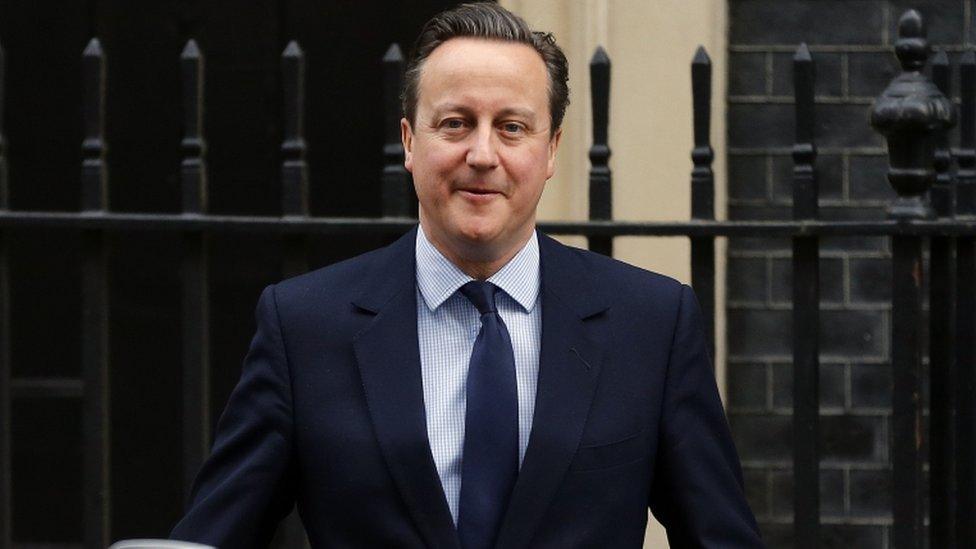
A new law reasserting the power of UK Parliament law over the EU could be passed, David Cameron has said, once his reform talks are concluded.
"I think there is a good case for it," he told BBC Radio 4's Today programme.
The prime minister did not deny reports he had asked Justice Secretary Michael Gove to look into it.
Mr Cameron, who is renegotiating Britain's EU membership ahead of an in-out vote before 2018, said he was "very suspicious" of Brussels.
The prime minister has said he wants the UK to stay in a reformed European Union, but he has not ruled out campaigning to leave if he cannot secure the changes he wants.
'No discrimination'
If a deal is agreed with other European leaders at a key EU summit in February, a vote on Britain's membership of the bloc could potentially be held as early as June.
At a press conference in Brussels on Monday, European Council President Donald Tusk said the EU needed to reach "a reasonable compromise" on Britain's objectives.
But he warned there "will be no room for discrimination" - a possible reference to UK proposals to restrict migrants' access to UK benefits for four years.
The plans have encountered opposition from some EU leaders, particularly from eastern European countries such as Poland and Hungary.
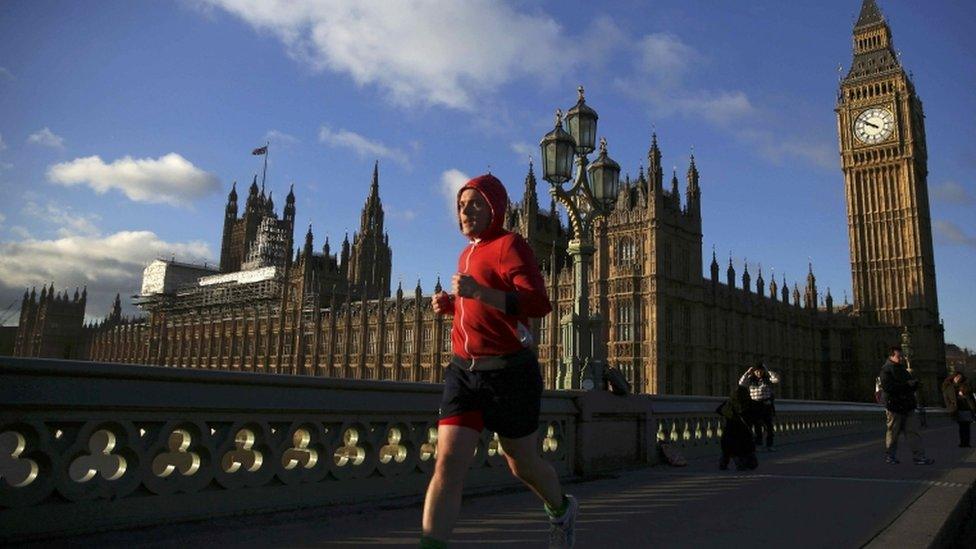
New legislation could reassert the power of the UK Parliament over laws made in Brussels
'Very suspicious'
It has been reported that the UK government will amend domestic law to make clear that Parliament is sovereign and that Britain's courts are not bound by the EU Charter of Fundamental Rights - a legally binding charter which set out a range of civil, political and social rights enjoyed by the bloc's citizens.
Mr Cameron said Parliament's sovereignty was "already asserted" in the Referendum Act - the legislation paving the way for the in-out vote - which prevents "significant" powers being passed to Brussels without UK voters being consulted in a referendum.
But he added: "If it's necessary to do that again, in more detail, to make it even clearer to people that our Parliament is sovereign... I think there's a good case for it and so we'll look very carefully at it."

EU referendum: Key questions
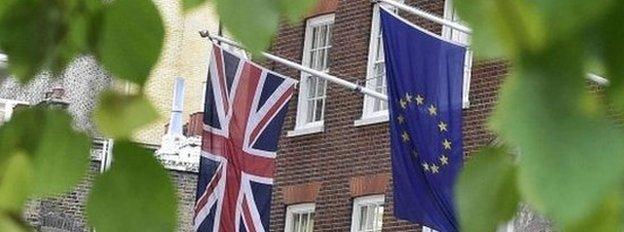

Mr Cameron refused to be drawn on whether Mr Gove, the justice secretary, had been tasked with looking at introducing a new law, saying instead that "the whole government is working together on these plans".
He added: "If you're a Conservative you don't like big government and so you're automatically very suspicious of Brussels. I am very suspicious of Brussels."
"I would never belong to a European Union if I felt in some way that that was bad for British institutions, for British democracy."
Asked if such a deal would be acceptable to Eurosceptic Conservatives, such as Boris Johnson, Mr Cameron said he was sure everyone would assess the outcome of his renegotiations, which, he said, were designed to boost competitiveness, exempt the UK from "ever-closer union" and deal with immigration pressures.
- Published17 January 2016
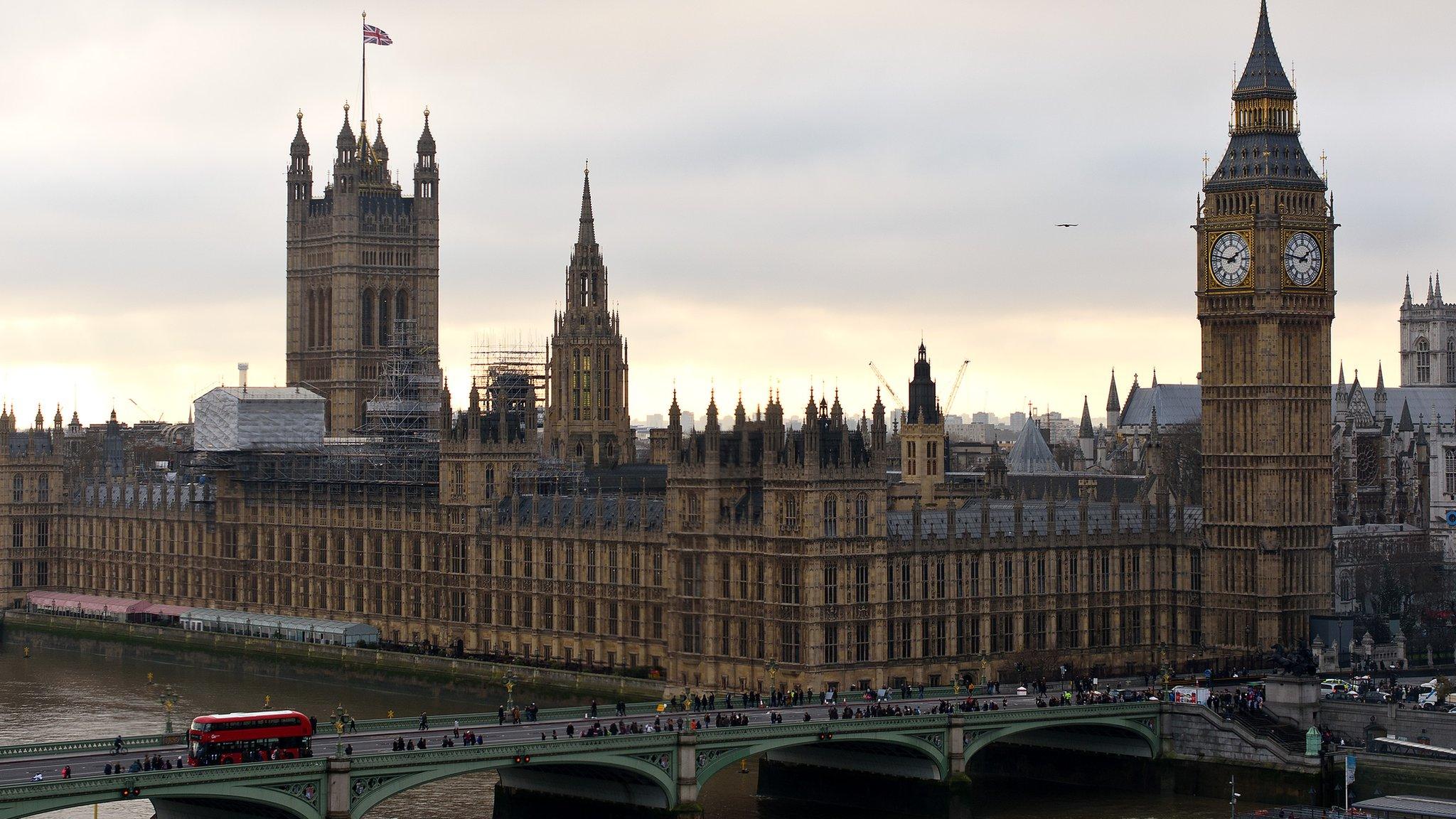
- Published14 January 2016
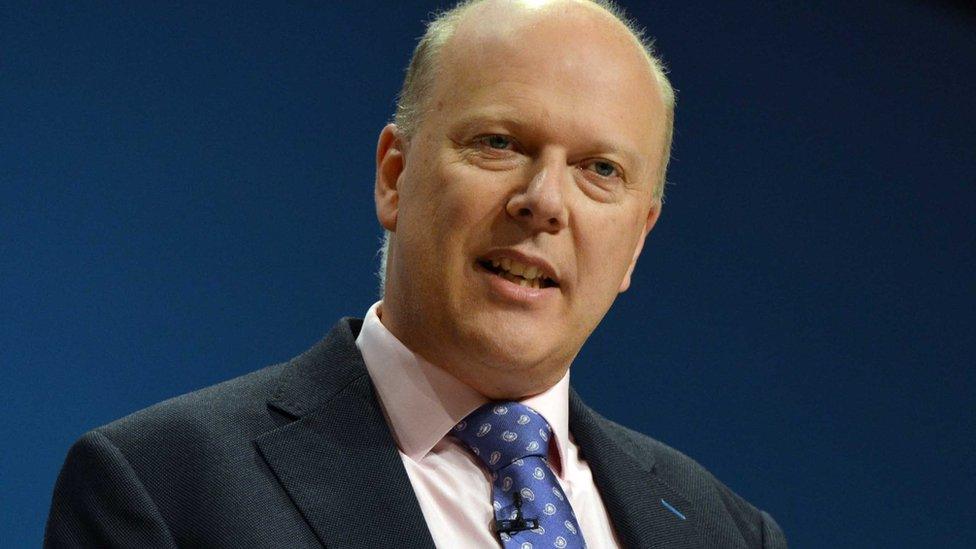
- Published11 November 2015
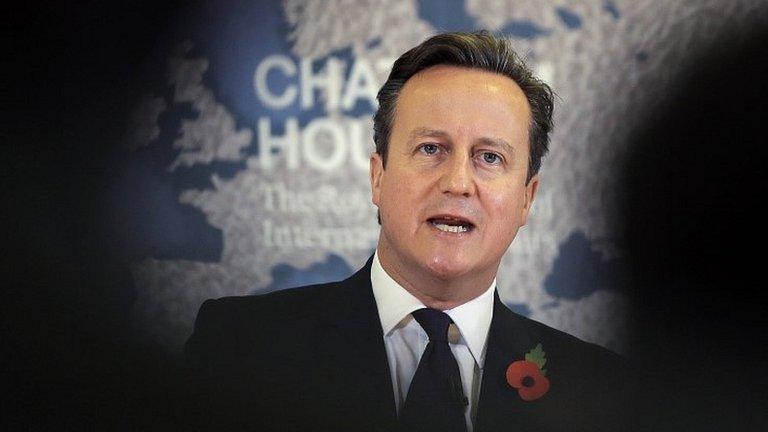
- Published17 December 2015
